Wednesday-Friday: 12:00pm - 5:00pm
Saturday: 10:00am - 2:00pm
1006 Penn Ave., La Grande, OR 97850
PO Box 541, La Grande, OR 97850
[email protected]
541-624-2800
Click on any class title in the calendar below to see details, pricing, and to complete quick and secure online registration.
Register early to avoid class cancellations – classes must reach minimum enrollment 48 hours prior to their scheduled start time in order to run.
Click here for Youth Arts Learning Fund information.

Dates: May 3 – June 29, 2019
Opening Reception: Friday, May 3 from 6:00 – 8:00 pm
Cost: Free Admission
 The Exhibit: Art Center East is pleased to present Chromatic Pressure, an exhibit featuring the painting and sculpture of John Richey. The public is invited to attend the opening reception on Friday, May 3 from 6:00 – 8:00 pm and the exhibit will remain on display through June 29. All Art Center East exhibits and receptions are free admission.
The Exhibit: Art Center East is pleased to present Chromatic Pressure, an exhibit featuring the painting and sculpture of John Richey. The public is invited to attend the opening reception on Friday, May 3 from 6:00 – 8:00 pm and the exhibit will remain on display through June 29. All Art Center East exhibits and receptions are free admission.
Richey creates large-scale abstract paintings and wooden sculptures, formats that echo his love of big landscapes. He and his wife Margaret, a ceramics artist, moved to Cove from Tallahassee, Florida in 2017 because of the affinity both have for Oregon’s natural bounty.
“The first time I came to Oregon, I was blown away by the landscapes,” said Richey. “The forests, the ocean, the mountains, were so much more grand than anything I was used to.”
Richey and his wife found themselves in La Grande by accident while on a camping trip in the 1980’s. Mesmerized by the beauty of the Valley, they continued visiting for the next thirty years until their youngest finished undergraduate college and they were free to make a more permanent move to Northeast Oregon.
 Richey has been painting since he pursued a Master of Fine Arts degree at Florida State University in Tallahassee. There, he studied under British-born abstract painter Trevor Bell, known for his large-format paintings and vibrant use of color, two traits that influenced Richey’s work. After finishing his MFA, Richey eventually landed as the art department chair of Albany State University, one of Georgia’s largest historically black universities, where he taught everything from art history to visual art intro classes and his specialty, painting.
Richey has been painting since he pursued a Master of Fine Arts degree at Florida State University in Tallahassee. There, he studied under British-born abstract painter Trevor Bell, known for his large-format paintings and vibrant use of color, two traits that influenced Richey’s work. After finishing his MFA, Richey eventually landed as the art department chair of Albany State University, one of Georgia’s largest historically black universities, where he taught everything from art history to visual art intro classes and his specialty, painting.
Richey’s process is to look for balance in the composition, starting with a set of colors he thinks might work together, then paring it down by eliminating colors or visual elements until he feels a resonance emerge. He typically paints with acrylic on surfaces such as plywood or aluminum panels.
His work usually follows three phases. The first is the initial idea, prompted by something he sees in the world that forms into a vision for a painting. As he begins to lay it out in paint, the composition takes on its own characteristics, not always adhering to the idea he began with. The second phase is where most of the painting happens, following the conversation between his idea and the direction that the painting wants to go. Once he gets as far as he can with it, he lets the work rest, returning to it in several weeks or even years. At this point, the third phase, he can approach the painting with fresher eyes, seeing new solutions to problems that had stumped him, finding new inspiration, or returning again to the original idea.
“I’m always looking for ways to add freshness to the process. Sometimes I’ll turn the painting upside down or look at it from the end of the driveway to find a new way of seeing the work.”
Richey also works in sculpture, carving vertical bodies of laminated wood into organic shapes that reference the natural world he is fascinated by.
“My sculpture is more biological than conceptual,” Richey said. “Because I work in isolation from other conceptual sculptors, I don’t have their work to reference. I was at the beach recently and was completely amazed by all the shapes of the sand – that’s the sort of thing I’m inspired by.”
Read about our COVID policies here.
If you have any questions, comments, or concerns please reach out and let us know. Thank you for your ongoing support.
Registration cancellations & transfers must be made through Art Center East at (541) 624-2800 48 hours or more before the class start time. We cannot issue refunds or transfers for cancellations received after the 48-hour cutoff. Exceptions will be considered for medical or family emergencies. ACE will honor a refund, minus a $10 administration fee when the cancellation is made 48 hours or more before class start date. When a class is canceled due to low enrollment, we will issue a refund for all registration fees. ACE will contact you in the event of a cancellation. Face coverings will be required in accordance with statewide regulations current at the time.